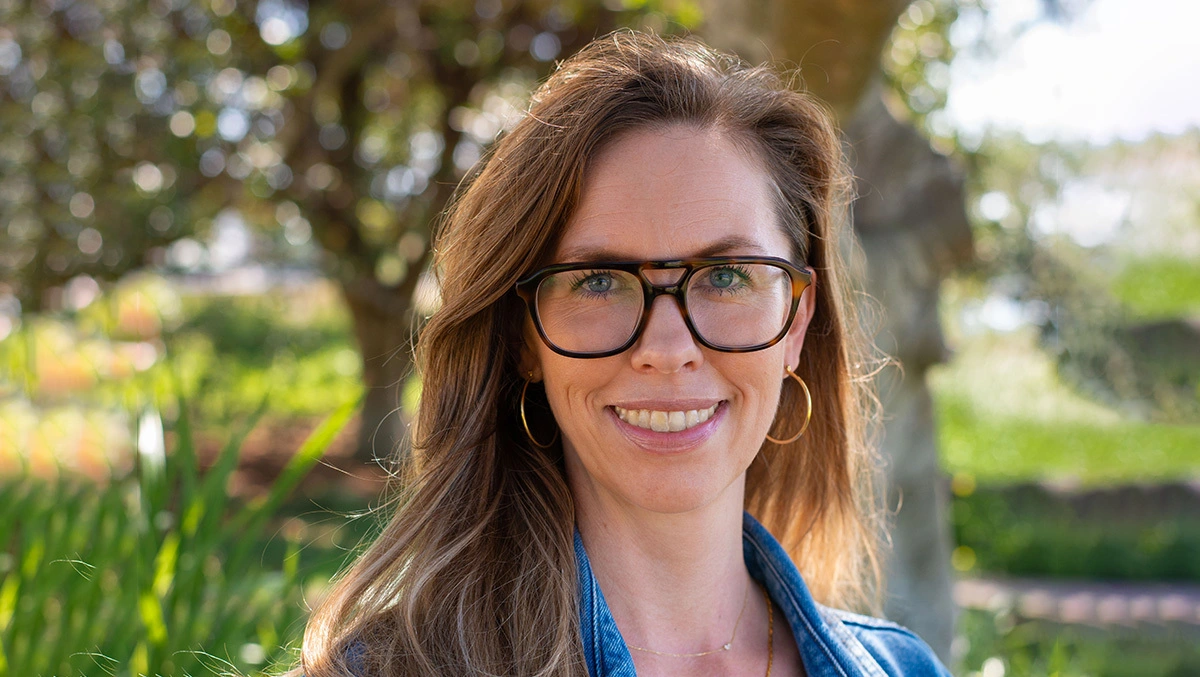With the rapid advancement of Artificial Intelligence, we can very often feel behind on the news. There are new ground-breaking headlines everyday about artificial intelligence. Even the most tech-savvy people, such as engineers and technical directors in my network, tell me everyone feels the same, even them. No one can claim to be an AI expert, and no one can truly predict what the future holds and how to feel about it all, let alone what to do with it all. This can feel daunting and frightening, but there is something that is quite exciting about being part of this AI era...let me explain.
I love technology, especially creative and emerging technologies, which my background is rooted in, but I have always had an imposter syndrome, which many women struggle with, even after 15+ years of experience in the creative technology space. I haven't done an engineering degree and wasn't particularly strong in maths at school, according to my teachers. Still, I ended up in creative technology when I started my career in advertising and production. As I recently took on a new creative technology role, I decided that despite the imposter syndrome, I was going to educate myself on all things artificial intelligence.
During the AI courses and the ongoing research journey, I realised there were many women in my network who were posting about AI, tagging AI in their profiles, and having strong and valid opinions about the topic. They did not have an engineering or data background like me; they were entrepreneurs, business leaders, journalists, and marketers by trade.
There is so much to learn just through online resources for free. There are also lots of courses you can do with the various educational institutions and universities, which require an investment in time and money, but most of them are affordable and easy to attain. More and more governments are heavily investing in artificial intelligence education; Singapore, for example, is providing subsidies for those aged 40+ who want to pursue a full-time diploma in the field of AI.
This leads me to believe that this AI revolution is helping to level the playing field in technology for a lot of women who want to enter the tech world but are unsure how or have missed the opportunity with STEM at school. When it comes to generative AI, the tools are now accessible to everyone regardless of their technology knowledge and the adoption of gen AI has had an incredible rise since 2023. More than one-third of organisations globally say they use gen AI tools regularly in at least one business function, according to McKinsey's "The state of AI in 2023: Generative AI's breakout year".
This AI democratisation is a massive opportunity for women to take up new roles in technology as it provides a more effortless way in. We need women to lead this revolution. Especially with all the risks and concerns we are facing around ethics, economic inequality, misuse, bias and more. According to several studies, women tend to exhibit more empathy than men, which means they are well equipped to navigate the complexities of AI particularity as we edge closer to AGI (Artificial General Intelligence). Empathy will be critical as we continue to forge the path for AI to ensure we can leverage the technology in safe and ethical manners without stifling innovation. Women also possess great self-awareness and conflict management with a collaborative approach, all things that will be necessary as AI in the workforce will lead to new types of leadership skills.
The combination of AI, emotional intelligence (EQ), and right-brain thinking presents a fresh formula for success in the future workplace. Women, by tapping into their emotional intelligence, distinct brain structures, and right-brain thinking, are well-positioned to flourish in a world dominated by AI. This can bring significant advantages to organisations and society.
The only way to do this is to ensure a healthy and collaborative relationship between machines and humans.
I now feel much more empowered to lead the way in all things AI in my professional career and current role, as I am certain about what the world needs for the future. We need innovation to maintain its course, and that requires a lot of education and bringing people on the journey. If we can get more women onboard, we can rest assured that only good things will come.
